This year, following the confinement linked to the coronavirus, the date of the start of the sales scheduled for June 24, was postponed to July 15 to end 4 weeks later, August 11 for all departments of the metropolis. The balances of online trade or distance selling (e-commerce) are aligned with the national dates of traditional trade, regardless of where the company’s headquarters are located.
Following exemptions, they will be held in Guadeloupe from Saturday September 26 to Friday October 23; in Martinique from Thursday, October 1 to Wednesday, October 28; in Saint-Barthélemy and Saint-Martin from Saturday October 10 to Friday November 6 and in Reunion from September 5 to October 2.
During the sales period, traders must offer products sold and paid for at least 1 month before the start of the sales, no supplies bought specially for the occasion. In addition, the distinction between sale and non-sale products must be apparent to customers (precise labeling, separate location in the store …), prices must indicate the discounts compared to the reference price.
A sale item benefits from the same guarantees as any other item. Thus, the advertisement “neither returned nor exchanged” which is sometimes found during sales periods does not exempt the merchant from exchanging or reimbursing the article in the event of non-apparent manufacturing defects (hidden defects)
The date of July 15 was chosen to give small traders time to replenish their cash without breaking prices. But was it right to postpone the start of sales for 3 weeks (from June 24 to July 15) when many French people have already taken their holidays.
For this first day, we still saw queues in front of certain shops but when we question customers, we see that the budget they have reserved for sales has decreased compared to last year due to the problems encountered with the pandemic.
The clothing sector is one of the most affected; hairdressers and beauty salons, bookstores, butchers, home appliance stores have picked up rapidly since the deconfinement but not clothing, an activity down 26% compared to last year , at the end of May. For those who have not yet lowered the curtain after the 2 months of closure, the sales are an opportunity to raise their turnover and sell the large unsold stock acquired for the start of the season. summer in March just before containment.
However, the consumption model has changed due to health problems and the obligation to adapt to health measures (wearing a mask, hydroalcoholic gel, distancing, …), people spend less time shopping and shopping. queues to enter or pay in the store tend to discourage customers.
To respond to these difficulties, brands have decided to come together to avoid bankruptcy and job loss among the 16,000 people who work in the clothing sector. So Morgan took over La Halle; André and NafNaf are also in difficulty.
If the wearing of the mask and the gel is not a problem, placing in isolation for 24 hours, the clothes that have been tried, before putting them back on the shelf is for them too heavy a requirement which creates a brake on the flow fast from stock. They therefore ask for a relaxation of this health rule in order to be able to sell their accumulated stock after the downturns in activity linked to the successive crises of the yellow vests, the pension reform and confinement. Unfortunately, the supervisory minister, Bruno Le Maire refused this request, especially as health regulations intensified to avoid a second wave linked to a relaxation.
The other sector in difficulty is that of furniture, Conforama which represents 45% of the sector or even Alinéa expect a lot from these sales.
For some, discounts go up to 70% from the first day, the aim being to liquidate the maximum of stocks as quickly as possible.
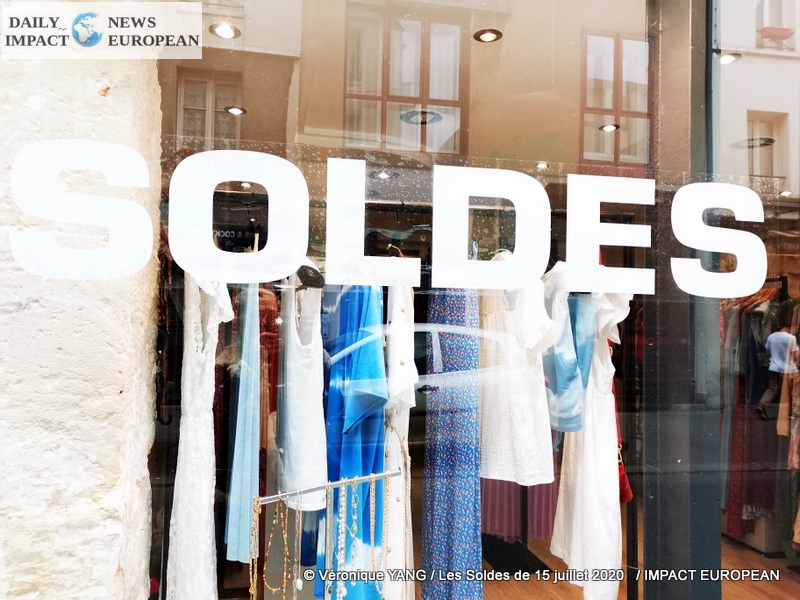
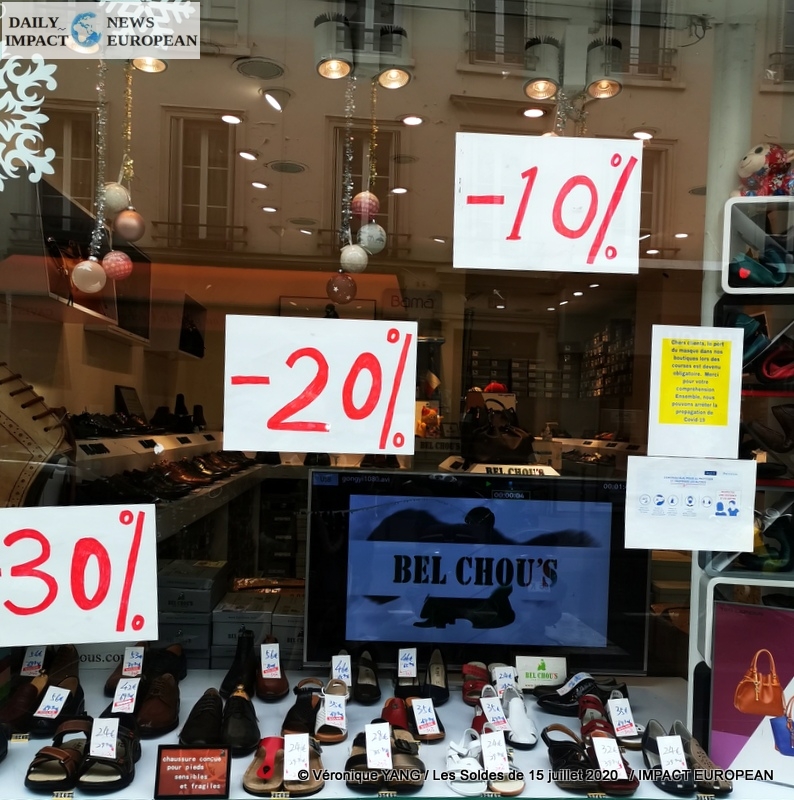
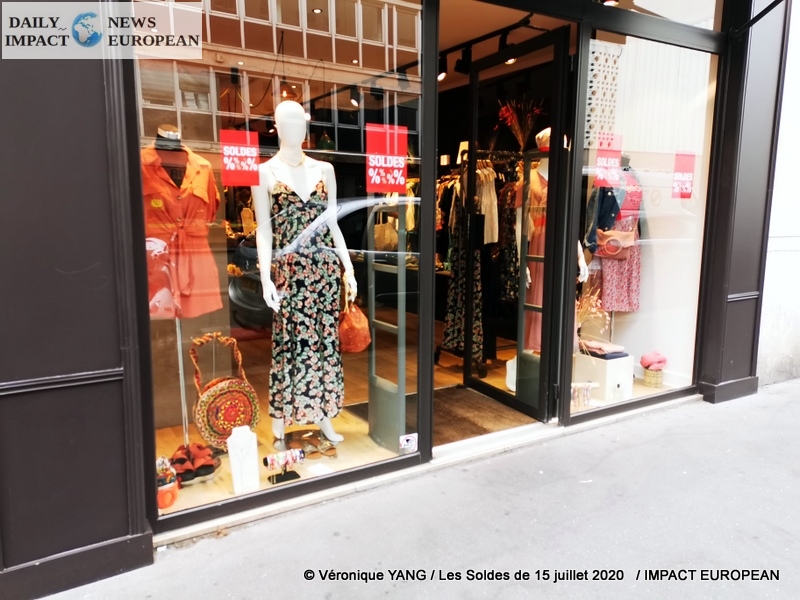
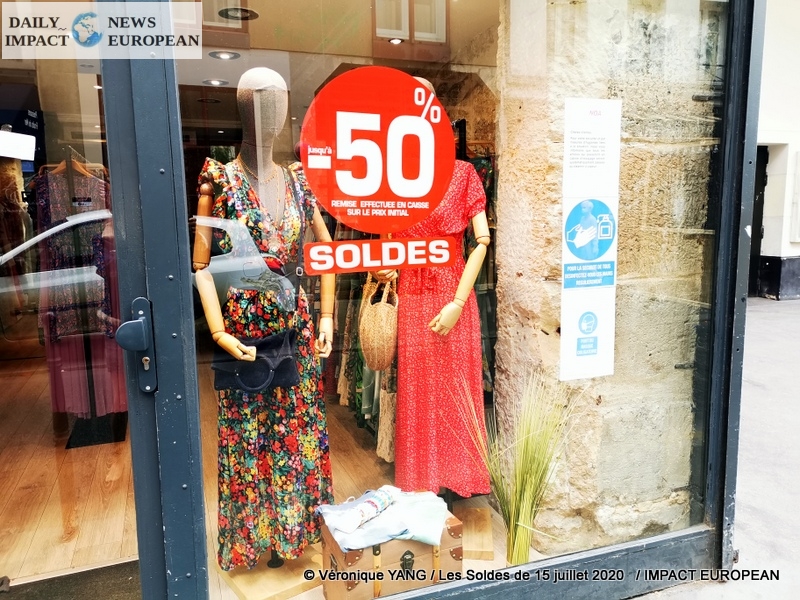
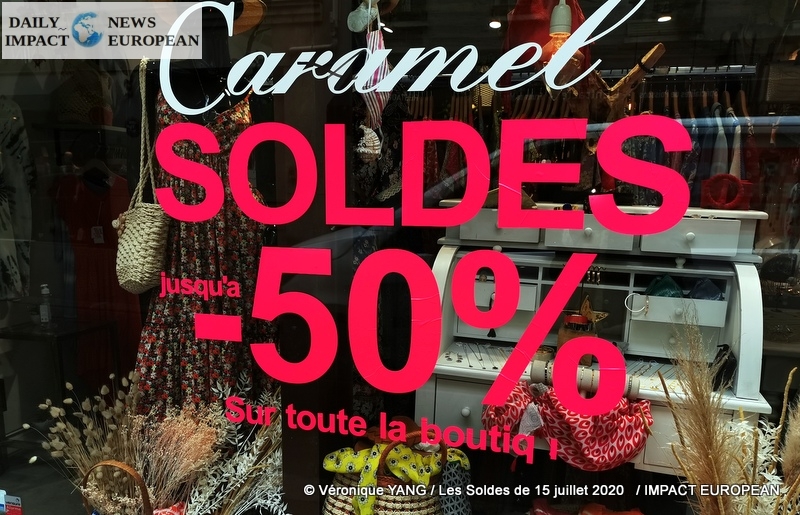
More Stories
METAL D’ALCOVE, the workshop of Eric KATZ, lighting sculptor in Montmartre
Paris Marathon 2024: Victory for Ethiopians at the Paris marathon
Gelsomina